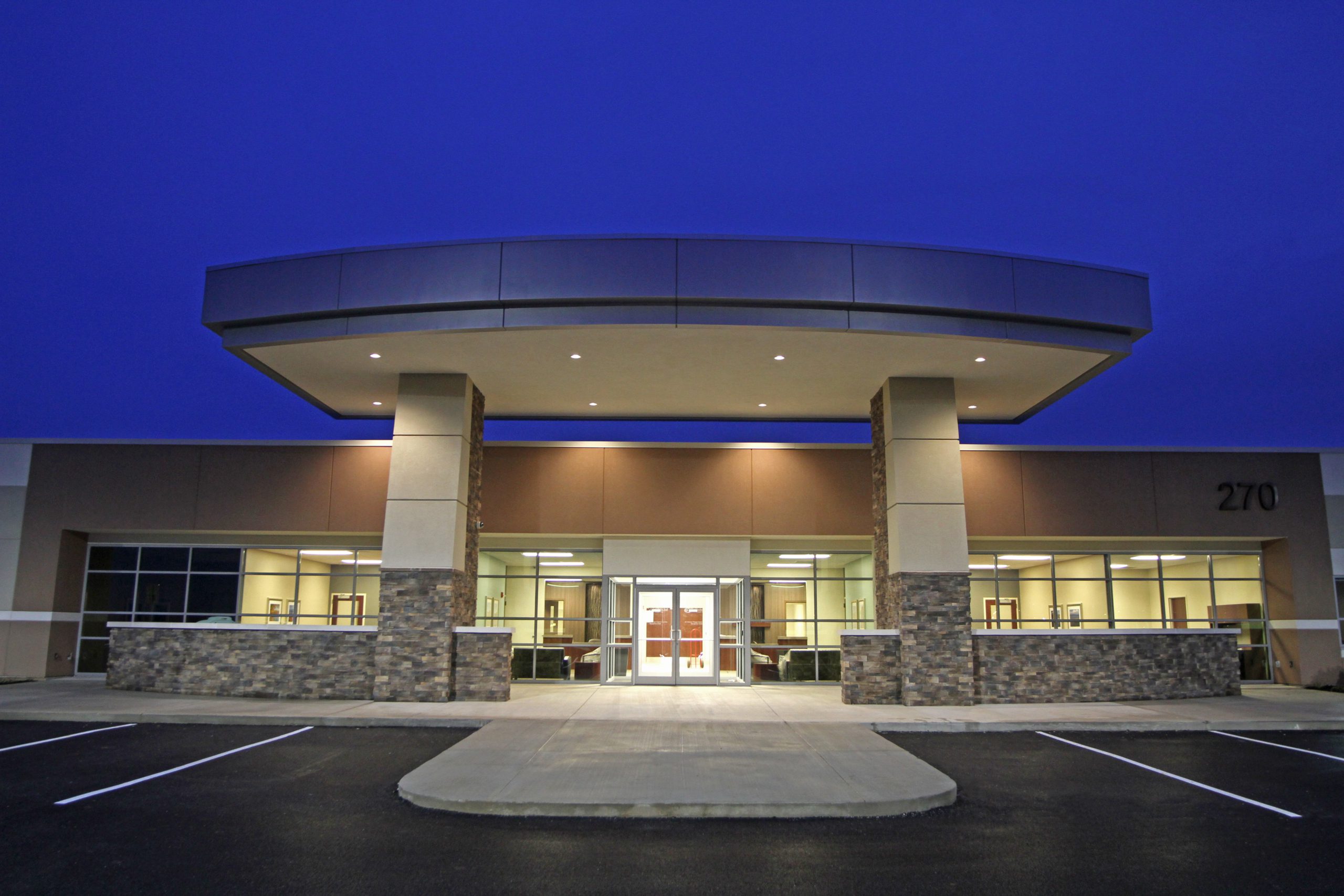Signs You May Need Inpatient Mental Health Treatment

Sometimes managing mental health challenges becomes difficult to do on your own and more intensive care is necessary. But how do you know when inpatient treatment is needed?
If you’re considering inpatient psychiatric treatment, this guide is here to help. We’ll walk you through the common signs an inpatient program may be the right choice for you, as well as how to prepare for one.
What is an Inpatient Program?
Inpatient mental health treatment, also known as psychiatric inpatient treatment, provides 24-hour care in a hospital or a specialized treatment facility. These programs are designed for people who need intensive supervision and monitoring due to severe mental health issues or substance abuse problems. Unlike outpatient programs, inpatient care offers a structured environment where patients can receive immediate medical and psychiatric assistance.
An inpatient program provides a comprehensive treatment plan that includes medical evaluations, psychotherapy, medication management and support groups. The goal is to stabilize the patient, address acute symptoms and develop a long-term recovery plan. Inpatient programs offer various therapies, including individual counseling, group therapy and family therapy, to support the patient’s journey to recovery.
Signs You May Need Inpatient Treatment
Recognizing when to seek inpatient mental health treatment can be challenging. Here are some common signs that might indicate the need for more intensive care:
Severe or worsening symptoms
If your mental health symptoms have become severe or are worsening despite outpatient treatment, it may be time to consider inpatient care. This includes persistent feelings of sadness, anxiety or hopelessness that interfere with daily functioning.
Safety concerns
One of the most critical indicators for inpatient treatment is safety concerns. If you or someone you know is having thoughts of self-harm or suicide, immediate inpatient care is often recommended to provide intensive monitoring and support.
Substance abuse issues
For people struggling with addiction, inpatient treatment can offer a controlled environment to detox and begin recovery. If substance abuse is leading to health complications or interfering with your life, an inpatient program might be the best option.
Difficulty functioning
If managing day-to-day tasks has become overwhelming due to mental health issues, inpatient treatment can provide the necessary support. This includes difficulty maintaining relationships, holding a job or taking care of personal responsibilities.
Lack of support
Having a strong support system is crucial for mental health recovery. If you lack family or friends to support you during a crisis, an inpatient program can offer the community and encouragement needed.
Benefits of Inpatient Mental Health Treatment
Inpatient programs offer many benefits that can aid in recovery. They include:
Structured care environment
Inpatient facilities provide a structured routine that helps patients focus on recovery without the distractions of daily life. This structure can be especially beneficial for those whose environment may contribute to their mental health challenges.
Immediate access to care
Inpatient programs offer round-the-clock access to medical professionals and therapists. This immediate care can be crucial in managing and treating acute symptoms effectively.
Comprehensive treatment plans
Inpatient treatment involves a multidisciplinary approach, ensuring that patients receive a well-rounded care plan. This includes medication management, various therapies and aftercare planning to support long-term recovery.
Peer support
Being surrounded by others facing similar challenges can be incredibly validating and supportive. Group therapy sessions and communal living enable patients to share experiences and learn from one another.

Preparing for Inpatient Treatment
If you decide that inpatient treatment is the right step for you or your loved one, preparation is key.
What to Pack for Inpatient Mental Health Treatment
When preparing for an inpatient stay, it’s essential to pack wisely. Here’s a basic list of items to consider bringing:
- Comfortable clothing
- A list of current medications
- Contact information for family and healthcare providers
- Books or journals
Cumberland Hall Hospital provides a comprehensive list of what to bring and what to leave at home.
Communicate with Loved Ones
Inform family and friends about your decision to enter inpatient treatment. Their support can be invaluable during your recovery journey. Arrange for someone to manage responsibilities like bills or pet care while you’re in treatment.
Set Recovery Goals
Before starting treatment, consider setting personal recovery goals. What do you hope to achieve from the program? Discuss these with your treatment team to help tailor your care plan to your specific needs.
Do I Need Inpatient Mental Health Treatment?

Deciding to enter an inpatient mental health treatment program is an important step toward recovery. Recognizing the signs that you may need such intensive care is vital in taking control of your mental health. By preparing adequately and entering treatment with clear goals, you can maximize the benefits of inpatient care and set the foundation for a healthier future.
If you’re wondering whether an inpatient program is the right choice for your needs, call us at 270-886-1919 or visit our facility to get started. Our Assessment Center is available 24 hours a day, seven days a week to provide a no-cost mental health assessment for you or your loved one.
Remember, recovery is a journey, and finding the right support can make all the difference. If you or someone you know is struggling with a mental health disorder or substance abuse, consider reaching out to our inpatient program for guidance and support.
If you believe your child is experiencing a mental health crisis, CALL 988 or seek the nearest emergency room.
For physical health emergencies, CALL 911 or seek the nearest emergency room.






